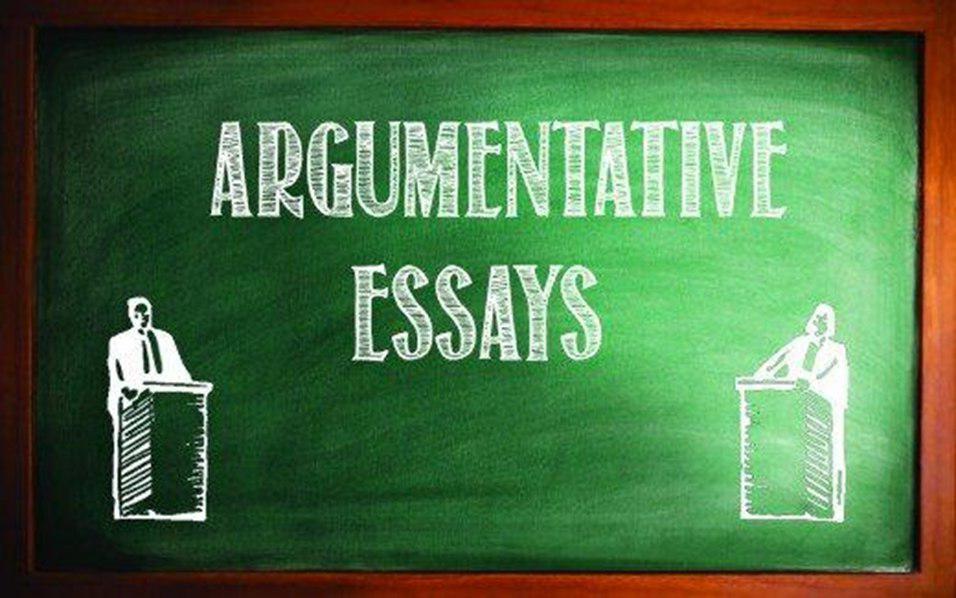Be it History or English, the odds are good you’ll need to write dozens of argumentative papers. Lots of students get annoyed because of the quantities of papers they need to produce while studying in college.
Professional essay writers often note that students complain of their inability to handle piles of homework and constant falling behind their academic schedule. Trustworthy essay writing companies, such as PapersOwl, tend to receive a lot of requests and create tons of essays and research papers for thousands desperate students from all around the world.
When you order essay assistance from PapersOwl you can be sure to receive high-quality services. Your argumentative essays will definitely stand out from the crowd. First, argumentative essays are aimed at developing such important and valuable skills as the ability to analyze, synthesize, and critically evaluate data.
Second, argumentative papers should be written in accordance with quite rigid cannons and rules you should familiarize yourself with before you get down to your paper. In our article, we’re going to walk you through all the stages of writing a strong argumentative essay, a research paper type considered so important at schools and colleges.
Some History…
The argumentative essay dates back to the 5th century B.C, when some learned men of Ancient Greece decided to teach ordinary farmers how to defend their interests in court. As you know, Ancient Greeks were brilliant orators who attached much importance not only to eloquence and ability to clearly express their thoughts, but also to clear and accurate presentation of an argument to the audience. Greek thinkers and rhetoricians invented the classical argument that served as a model to speakers in Ancient Greece and remains the basic form of persuasive arguments used in position papers. In its traditional form, a classical argument consists of five main parts we’ll discuss further in our article.
Introduction
If you’re aiming to create an impressive position paper, it’s crucial that you come up with a catchy and informative introduction. In this first part of your argumentative paper, you should present the topic of your writing to your audience. Once you announce the theme, make sure to draw your readers’ attention to your thesis where you’re voicing your stand and name the reasons behind it.
Narration
Once you warm up your audience, you can proceed to summarizing the background material pertaining to your argument. Your assay is intended to reach not only knowledgeable readers, but also the audience that has no prior knowledge of the topic being discussed. Make sure to familiarize your readers with the environment, as well as the factors that produced your argument. Don’t forget to describe different views on the problem discussed and mention what it is at risk in the question.
Confirmation
The third part of your argumentative paper is called the confirmation. The given section is very important in terms of presenting your claims and substantiating them. Be sure to appeal to credible, trustworthy sources and findings when supporting your claims. It’s a good idea to connect your claims and confirmations in a logical chain of presenting inartistic proofs.
Refutation or Concession
There is no such thing a one-sided argumentation in strong position papers. It’s always necessary to consider and analyze both sides of the coin to find out where the truth lies. Therefore, it’s critical that you look at counterclaims, or viewpoints opposed to your own claims. At the same time, you need to refute the counterclaims cited, diffuse the opposition without weakening your thesis. Thus, you’ll convince your targeted audience of your credibility as a writer and researcher.
Summation
The summation, which is a classical constituent of any essay, creates the sense of finality and closure, summarizes what has been said in your essay, and leaves no room for further questions.
